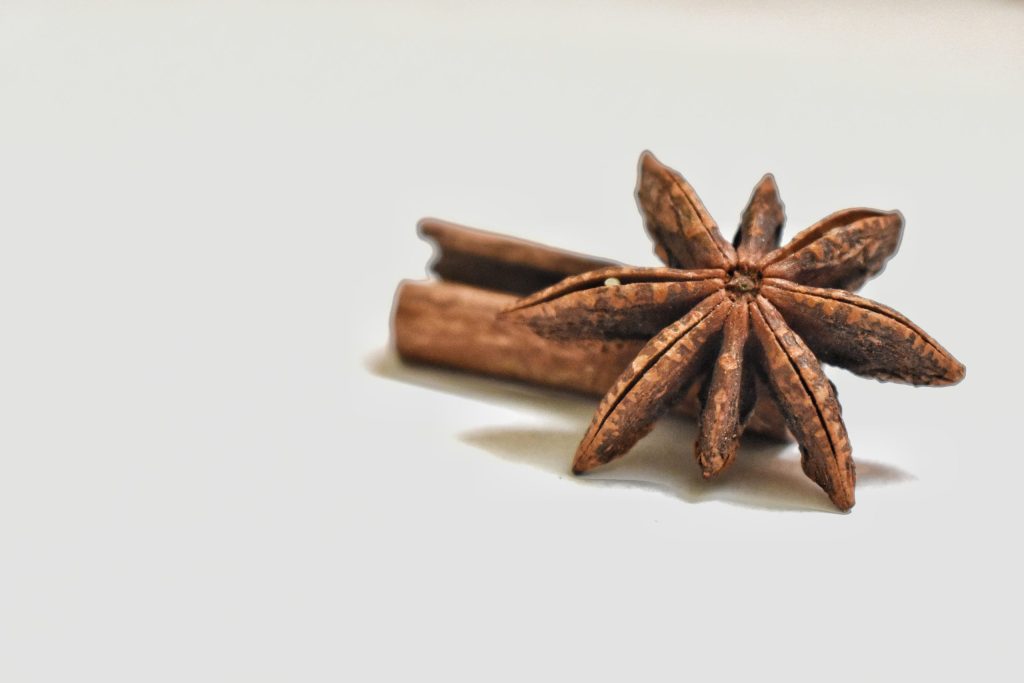Nestled in the azure waters of the Indian Ocean, the island of Zanzibar holds a captivating history intertwined with the aromatic allure of spices. For centuries, this tropical paradise has been at the heart of the global spice trade, enchanting explorers, traders, and visitors alike. The tantalizing scents of cloves, cinnamon, nutmeg, and other precious spices have made Zanzibar an indispensable destination on the ancient spice routes. In this article, we delve into the captivating history of Zanzibar’s spice trade and its enduring impact on the island’s culture, economy, and global significance.
The Ancient Origins of Zanzibar’s Spice Trade
Zanzibar’s spice trade traces its roots back to ancient times when merchants from India, Persia, and the Arab world embarked on maritime voyages to East Africa. Drawn by the abundance of exotic spices, these traders established flourishing trade networks with the Swahili coastal settlements, including Zanzibar. Spices were highly prized commodities, cherished for their culinary, medicinal, and aromatic properties, which led to significant demand and exchange of goods.

Cloves
The Arrival of Cloves: A Turning Point
The spice that forever changed Zanzibar’s destiny was cloves. Introduced to the island by Omani traders in the 19th century, cloves found their perfect home in the island’s fertile soil and tropical climate. Zanzibar’s unique conditions allowed for the cultivation of superior-quality cloves, making it the largest producer in the world. The “Spice Islands” of Zanzibar became synonymous with cloves, propelling the island into the global spice trade spotlight.
Zanzibar: A Spice Hub of the Indian Ocean
As the spice trade flourished, Zanzibar evolved into a bustling hub of commerce. Merchants from far-flung lands flocked to its shores, creating a vibrant and diverse cultural tapestry. The island’s strategic location along the ancient spice routes made it a pivotal point for the exchange of goods, ideas, and traditions between Africa, Asia, and the Arab world.
The Sultanate and Colonial Influence
Zanzibar’s pivotal position in the spice trade attracted European powers seeking dominance in the region. In the mid-19th century, the Sultanate of Oman established control over Zanzibar, further fueling the spice trade. However, the island’s political landscape changed with British colonial influence, leading to the abolition of the slave trade and shifting the economy from slavery to spice cultivation and trade.
A Scented Legacy: Spices in Zanzibari Culture
The spice trade has left an indelible mark on Zanzibar’s culture and identity. Spices have found their way into traditional Zanzibari dishes, from savoury curries to aromatic pilau rice. The island’s vibrant markets, such as Darajani Market and Forodhani Gardens, offer a sensory overload of colours and scents as vendors sell a plethora of spices alongside fruits, vegetables, and handicrafts. Spice tours allow visitors to experience the cultivation, harvesting, and processing of these prized treasures, immersing them in Zanzibar’s scented heritage.





